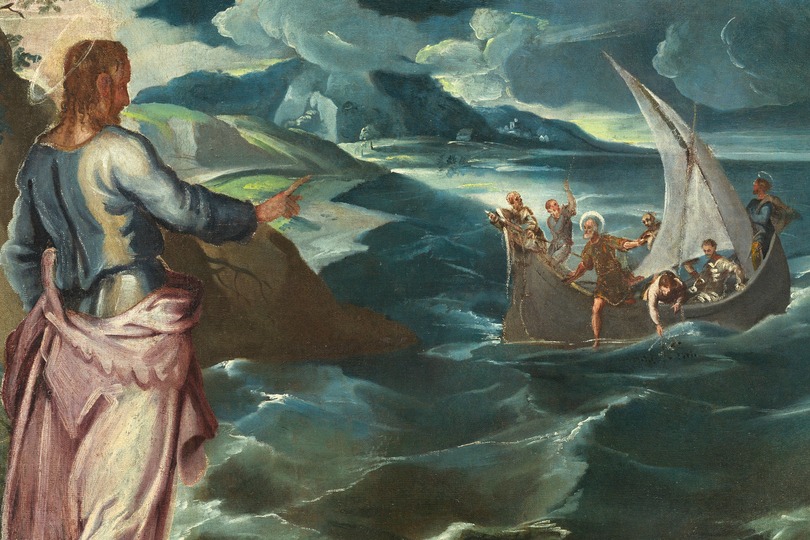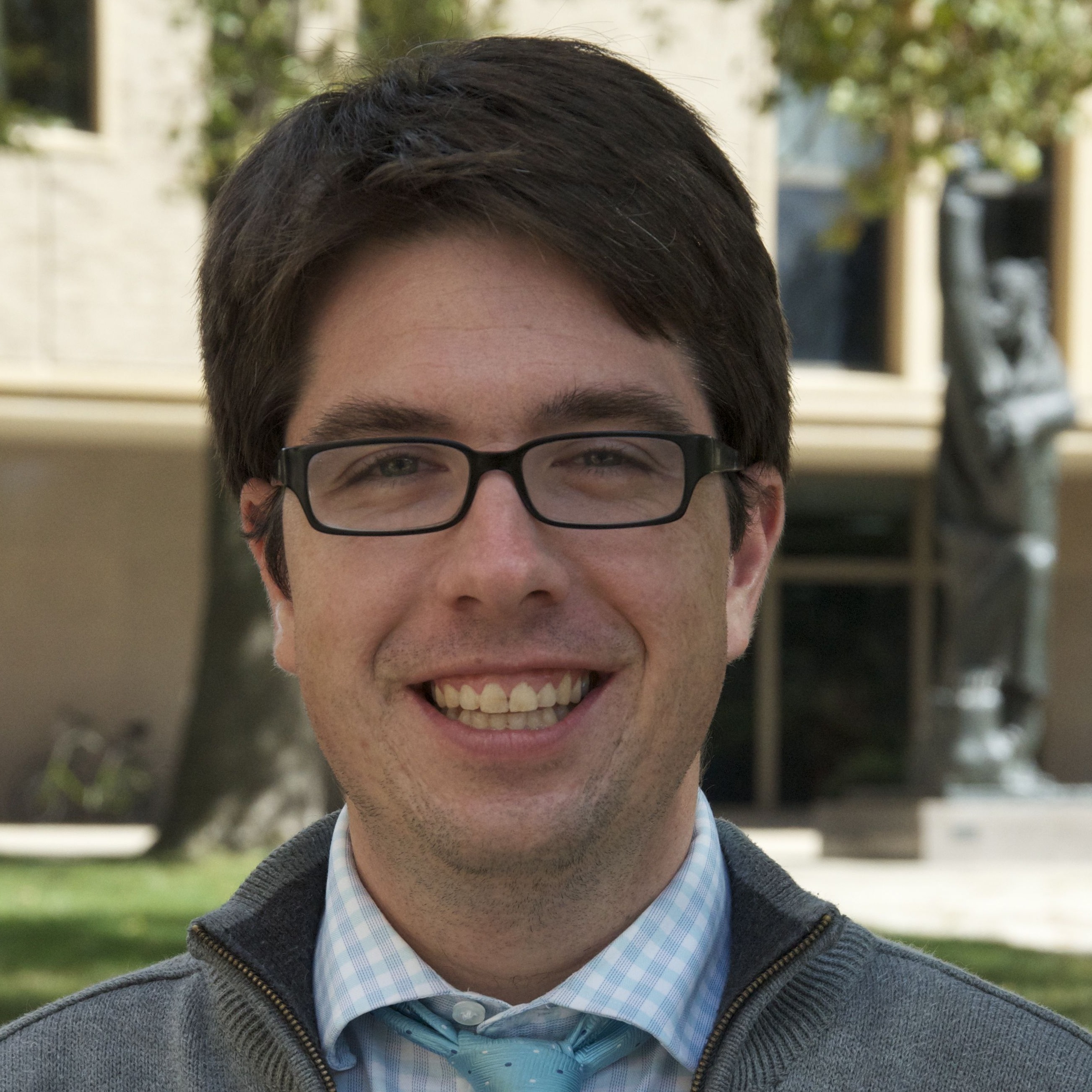The temptation of Easter for the regular churchgoer is to forget that the resurrected Jesus remains the crucified Lord. On the Third Sunday of Easter, we find ourselves confronted with Christ’s wounds of love bathed in resurrected light.
In Acts, the Apostles are brought in before the Sanhedrin because they have been testifying to all the nations that Jesus Christ, though violently murdered, is now risen from the dead. Christ has been rescued from the darkness, joining with the Church in song, “I will praise you, Lord, for you have rescued me” (Ps 30:2).
To publicly share that the power of the state is weakness compared to God’s dynamism is to risk suffering “dishonor for the sake of the name” (Acts 5:41). The Book of Revelation notes that this supposed dishonor is what gathers together the heavenly city in worship: “Worthy is the Lamb that was slain to receive power and riches, wisdom and strength, honor and glory and blessing” (Rev 5:12). All those washed in the blood of the Lamb abide in the heavenly temple worshipping the crucified Lord, who feeds them and quenches their thirst, comforting them in their former sorrows: “for God will wipe away every tear from their eyes” (Rev 7:17).
The Church, in every generation, finds itself encountering the risen Lord in the midst of this proclamation of divine love to a world often attached to the order of violence. Like the Apostles, we go forth to catch fish, proclaiming the Good News, only to discover the empty boat of apathy. We leave the shore to stand up for every affront to human dignity, and we find ourselves again with fishless boats. In a sea of futility, the wounded and glorified Christ comes to us and invites us to “cast the net over the right side of the boat and you will find something” (Jn 21:6).
Through the power of the risen Lord, our apparently futile works are transformed into bountiful gifts. The 153 fish in the Gospel of John represent the entire world that will come to encounter the risen Christ. The Good News that the Lord is risen is a truth that resonates with the human heart, inviting every man, every woman into a new relationship of divine love.
And now the Church dispenses in her ministry God’s love in imitation of Jesus’ merciful discourse with Peter. He calls Peter out of himself, out of his sin to remain with Jesus in his suffering, and toward a new form of love. He calls him, just like himself, to become a wounded healer. And when Peter loves as Christ first loved us, he too will find himself the victim of a world grown cold to God’s love: “When you grow old, you will stretch out your hands, and someone else will dress you and lead you where you do not want to go” (Jn 21:18).
We, like Peter, go forth to feed a world longing for hope with the mercy of divine love. To love like our resurrected Lord will often mean rejection. It will mean an encounter with violence. A refusal to play the game of prestige and excellence that can creep into our churches and schools. There will be harsh consequences to loving like God does. But in Christ’s Resurrection, we know that love will win. Truth will win. Justice will win. For on Easter Sunday, love illuminated all darkness. Love stifled violence. Love, even now, even in this world—still wins. For God is love, and the God-man has conquered the violence of this world. Alleluia.
![]()
This article originally appeared in Our Sunday Visitor: Newsweekly on March 30, 2016 and is reproduced here with the permission of the publisher.
Featured Image: Jacopo Tintoretto (1518–1594), Christ on the Sea of Galilee (c. 1575/158o), detail; National Gallery of Art, Samuel H. Kress Collection; courtesy of Open Access.



